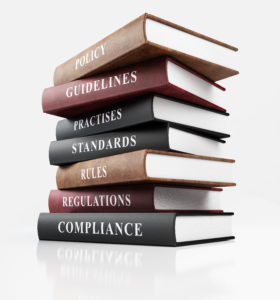We left off last time with the fact that the qualified appraisal (Q.A.) rules were revised substantially as of January 1, 2019.
Yes, the Q.A. rules are the donor’s problem. But they become the donee’s problem if the donee receives a copy of the donor’s appraisal and doesn’t send the donor a letter stating that [1] the donee cannot advise the donor as to whether the appraisal is a “Qualified Appraisal” for federal income tax purposes, and [2] as to this matter, the donor needs to check with his or her own tax adviser.
BTW, donors and their advisers think the appraisal is a valuation document. That’s flat-out wrong. It’s a tax law document. Don’t you forget that.
Gift Receipts
Gift receipts are simple, right? Wrong! They are tax law documents. There’s a whole bunch of law on gift receipts in the federal income tax regulations. Lacking the proper form of gift receipt, the donor stands to lose his or her federal income tax charitable deduction on audit.
It gets even worse. For an IRA rollover gift the donor needs a gift receipt. Even though the donor isn’t going to claim a charitable deduction for the gift.
For setting up a gift annuity, the donor needs a receipt stating whether the donor received any goods or services in addition to the annuity. Often, this sort of receipt states that the donor received no goods or services. Wrong! The annuity is goods or services.
Finally…
Far too many charities utterly fail, at their own peril, to understand that pledges, appraisals, and gift receipts are exquisite tax law documess.
A charity that pays close attention to pledges, appraisals, and gift receipts is a well-run charity. In my experience, few charities fully meet this standard.
by Jon Tidd, Esq


